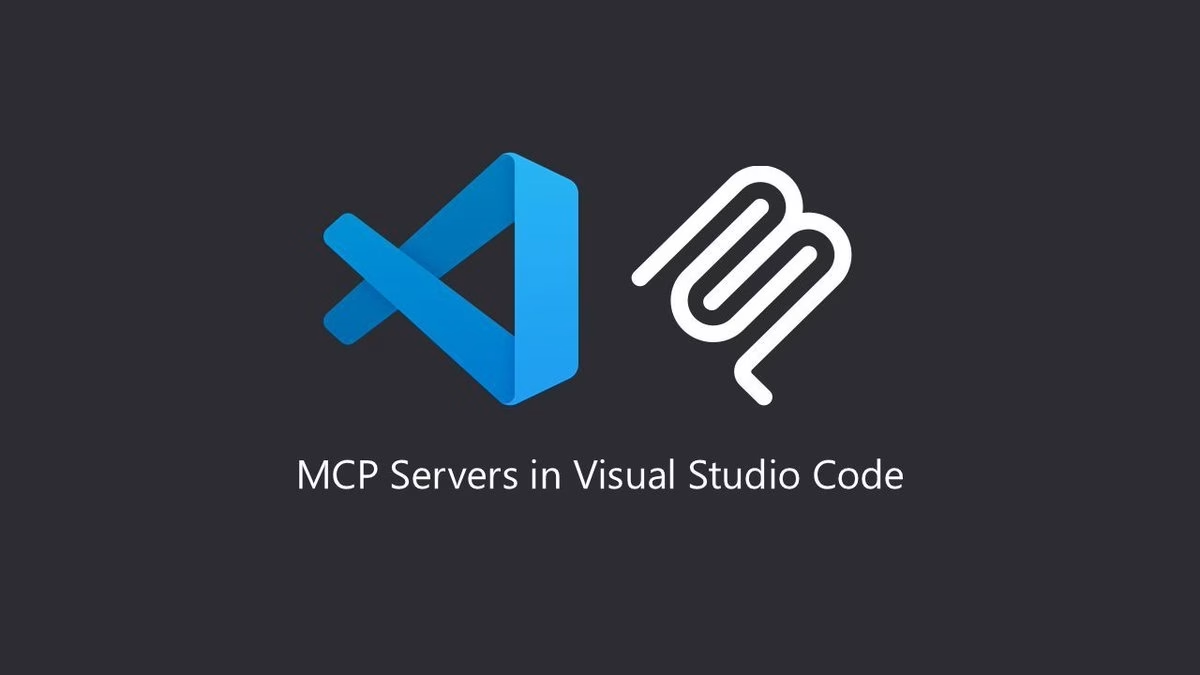A Smarter Copilot: Model Context Protocol Hits General Availability in Visual Studio
It’s official. After months in preview, Microsoft has announced the general availability (GA) of the Model Context Protocol (MCP) within the Visual Studio SDK. For developers using the IDE, and especially for the ecosystem of extension authors, this isn't just a minor version bump. It represents a fundamental shift in how AI assistants like GitHub Copilot will understand and interact with our code.
This is the moment where the AI in your IDE goes from a clever parrot on your shoulder to a true collaborator that can read the room.
What is the Model Context Protocol, Really?
Think of MCP as a universal translator and information broker for your IDE. Visual Studio is a complex environment with dozens of specialized tools running simultaneously—the debugger, the solution explorer, the test runner, Git source control, and countless third-party extensions. Each of these tools holds a valuable piece of the "context puzzle."
Without MCP, Copilot was like a brilliant assistant who could only see the single document you placed directly in front of them. They couldn't glance at the project outline on the whiteboard, check the status of a build server on another screen, or ask the person next to you about a failing test.
With MCP, that all changes. The protocol defines a way for any extension to become a "context provider."
- The debugger extension can now provide the current call stack, local variable values, and exception details.
- The test explorer extension can share the output of a failing unit test.
- A project system extension for a specific framework (like Unreal Engine or Unity) can provide context about the project's unique structure and APIs.
GitHub Copilot, as the primary "context consumer," can now query these providers to assemble a much more holistic picture of what you're doing before it generates a single line of code or answers a question in the chat window. It's the difference between asking for directions from a stranger and asking your GPS, which knows your destination, traffic conditions, and preferred routes.
The Impact on Developers and the Extension Ecosystem
So what does this actually mean for your day-to-day coding? The implications are significant and will unfold as the ecosystem adopts the new standard.
For the Everyday Visual Studio User
Initially, the changes will be subtle but powerful. You should start noticing that GitHub Copilot's suggestions and chat responses are just... better. More relevant. More aware.
Imagine these scenarios, now made possible by MCP:
- Smarter Debugging: You hit an exception and ask Copilot Chat, "Why is
customer.Addressnull here?" Instead of just guessing based on the code, Copilot can now receive the full call stack and the state of thecustomerobject from the debugger via MCP, leading to a far more accurate diagnosis. - Contextual Unit Testing: You're in a test file and ask Copilot, "Write a test case for when the user is unauthorized." An MCP-enabled test extension could provide the context of other tests in the file, the framework being used (like xUnit or NUnit), and even the details of a previously failing test, resulting in a more consistent and useful test suggestion.
- Framework-Specific Superpowers: If you're working with a specialized framework, an extension can now "teach" Copilot about its unique conventions, file structures, and boilerplate. This could dramatically improve the quality of AI assistance for developers outside the mainstream .NET/web development world.
A New Frontier for Extension Authors
For the creators of Visual Studio extensions, this is a call to action. MCP provides a stable, supported API to make their tools first-class citizens in the new AI-powered era of the IDE. It standardizes what was previously a difficult, if not impossible, problem of how to communicate with the AI black box.
We can expect to see a new wave of innovation in the Visual Studio Marketplace, with existing extensions being updated to provide context and entirely new extensions being created specifically to enhance the AI experience. This creates a virtuous cycle: better extensions lead to a smarter Copilot, which in turn makes Visual Studio an even more compelling development environment.
What's Next for Context-Aware AI?
The general availability of the Model Context Protocol is not an end point; it's the firing of a starting gun. The foundation has been laid, and now the real work of building upon it begins.
The immediate future will likely be defined by adoption. We'll be watching to see how quickly popular extension authors integrate MCP into their products. The real test of this technology's impact will be the breadth and depth of the context providers that emerge from the community.
Looking further ahead, this opens the door to even more sophisticated AI interactions. Could we see specialized AI agents within Visual Studio that are experts in performance profiling, database management, or UI design, all powered by the rich context provided through MCP? It seems not only possible, but likely.
For now, developers can look forward to an increasingly intelligent and helpful co-pilot, one that doesn't just see the code, but finally begins to understand the entire conversation.
